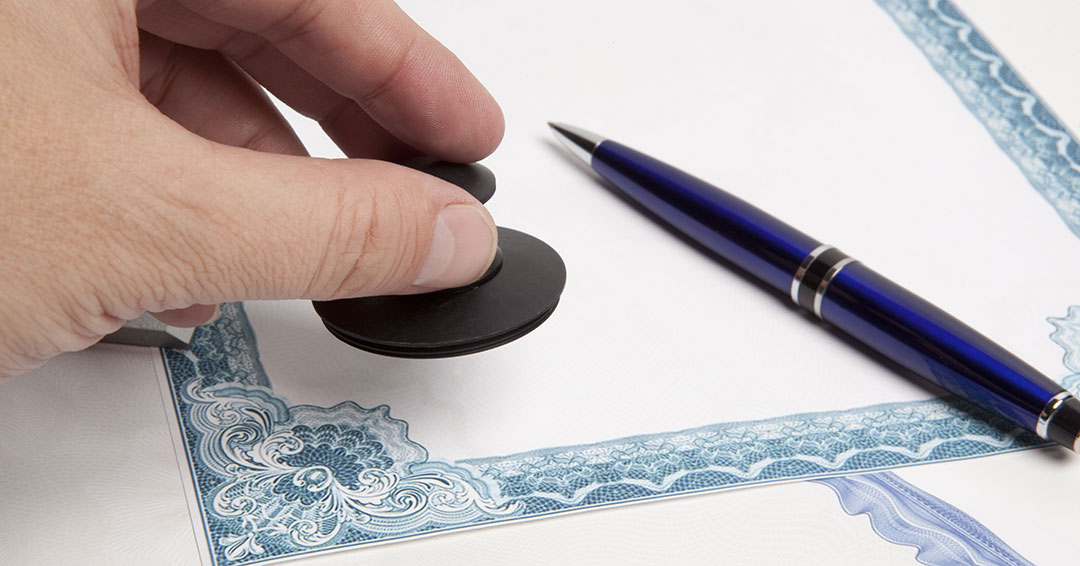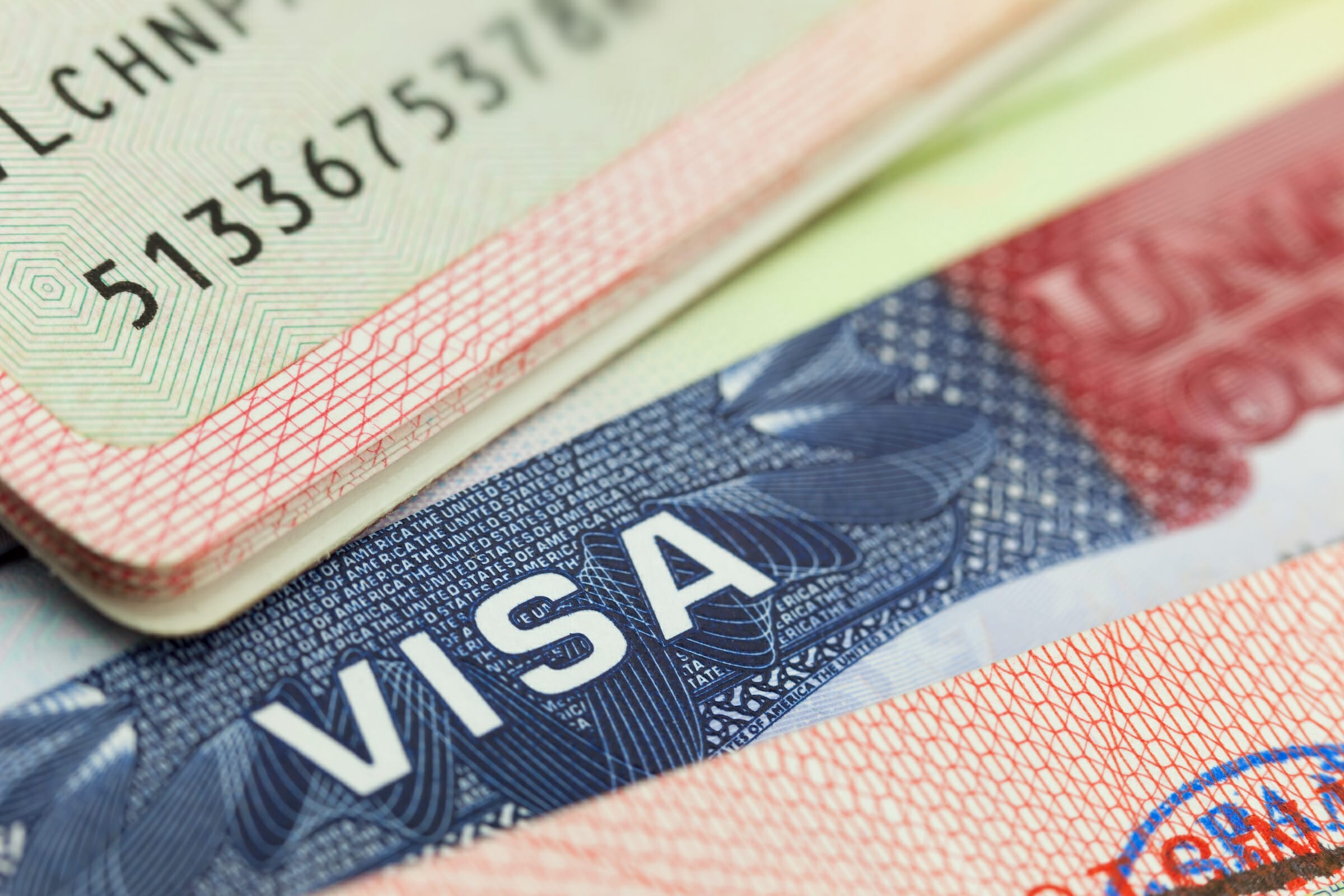Medical malpractice lawsuits are on the rise worldwide, including in Thailand. Despite the country’s enviable reputation as a medical tourism destination, many patients suffer from botched surgeries and deaths caused by incompetent doctors.
In general, claimants in Thailand can seek compensation for damages arising from the consumption of goods and services by referring to the Consumer Case Procedure Act. However, it is important to note that some medical services are excluded from this clause.
What Is Medical Malpractice?
In Thailand, Medical Malpractice is considered a wrongful act. It involves a medical practitioner providing a service that falls below the standard of practice in the medical community and results in injury or death to a patient.
The vast majority of alleged malpractice cases involve a doctor’s failure to diagnose an illness, improper treatment or surgery, and surgical errors. However, a medical professional can be sued for malpractice in other instances as well.
Malpractice claims against physicians in Thailand can be difficult to prove. It is important to document all communication with the physician in question as evidence and to request all medical records. Additionally, a Thailand medical negligence attorney who has experience handling comparative negligence cases will be invaluable in establishing malpractice in Thailand. It is also important to understand that damages awarded for intangible losses, such as pain and suffering or loss of consortium, tend to be lower than in some Western countries.
How Do I Sue for Medical Malpractice in Thailand?
Generally, medical malpractice is defined as an act of negligence by a healthcare provider that falls below the accepted standard of care in the community. Such a case may result in injury or death of the patient. The majority of medical malpractice claims in Thailand are brought in civil court based on Section 420 of the Thai Civil and Commercial Code, which defines a “wrongful act.”
Claims are typically filed within one year from the time that the incident occurred. However, some medical malpractice cases may be subject to a prescriptive period dictated by criminal law, in which case the claimant will need to consult with a lawyer about the applicable statute of limitations.
The malpractice lawsuit process in Thailand can be difficult and expensive for Westerners. It can often require them to remain in the country for the duration of the trial, incurring additional expenses in addition to their legal costs. Additionally, damages awarded to Western patients are usually far lower than they would be in their home countries.
What Happens if I Sue for Medical Malpractice in Thailand?
Despite Thailand’s world renown for low cost, high quality health care at top private hospitals that boast foreign trained doctors, state of the art equipment and nurse and doctor ratios much better than in Western countries, medical malpractice does occur. And when it does, it can result in significant injury or death.
In Thailand, medical malpractice is defined as any act or omission by a medical practitioner that falls below accepted standards of medical practice and causes injury or death to a patient. Such acts are considered a wrongful act under Thai law and can be prosecuted in both civil and criminal court.
Society wants medical professionals to be motivated to engage in best practices and occasionally take calculated risks with the welfare of their patients as the primary concern. But they also don’t want medical malpractice insurance rates to stifle the practice of medicine or for defensive medical techniques to be adopted that would erode medical standards.
Can I Sue for Medical Malpractice in Thailand?
While many people are pleasantly surprised with the medical care they receive in Thailand, sometimes things go wrong. Fortunately, a patient can take legal action against a doctor for malpractice.
The legal definition of medical malpractice in Thailand covers acts or omissions by a healthcare professional that cause injury to a patient. This includes unskilled, inadequate and neglectful treatment, wrongful diagnosis, failure to provide treatment, and failure to warn of possible and known health risks.
It also encompasses the failure to comply with accepted standards of practice. In some cases, these omissions can lead to death. Malpractice claims are brought in civil or criminal court.
A civil case can be brought under the Consumer Case Procedures Act, which includes all consumer cases including medical malpractice. Criminal cases are filed under Section 420 of the Penal Code. Compensation for medical negligence in Thailand is awarded based on verifiable or actual damage. However, damages for intangible loss such as pain and suffering are generally lower than those in some Western countries.






